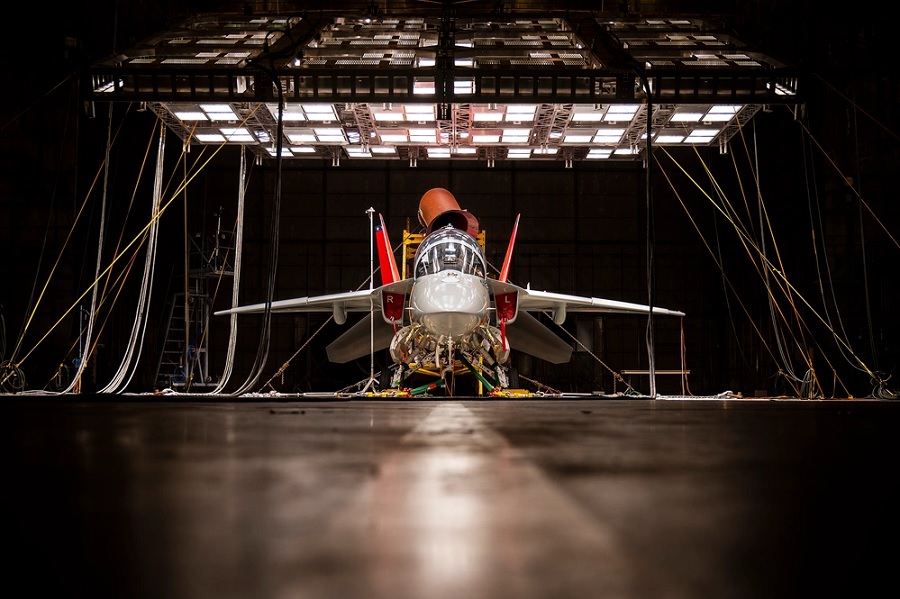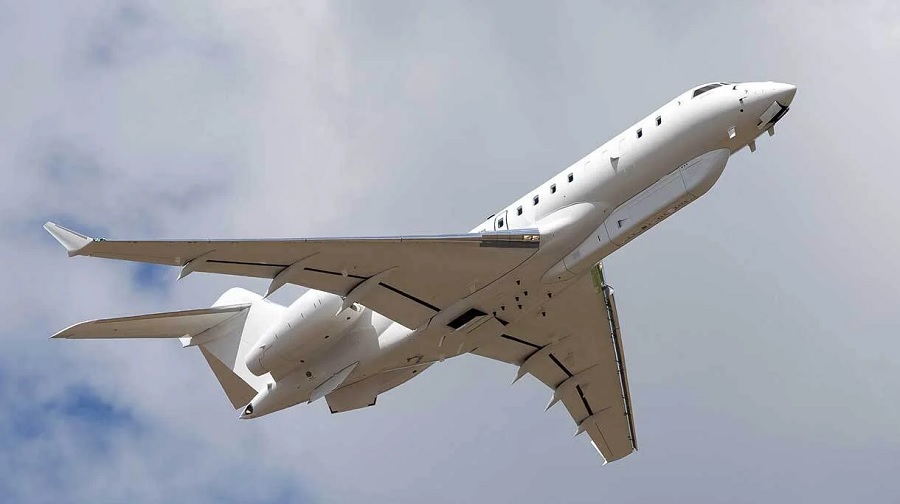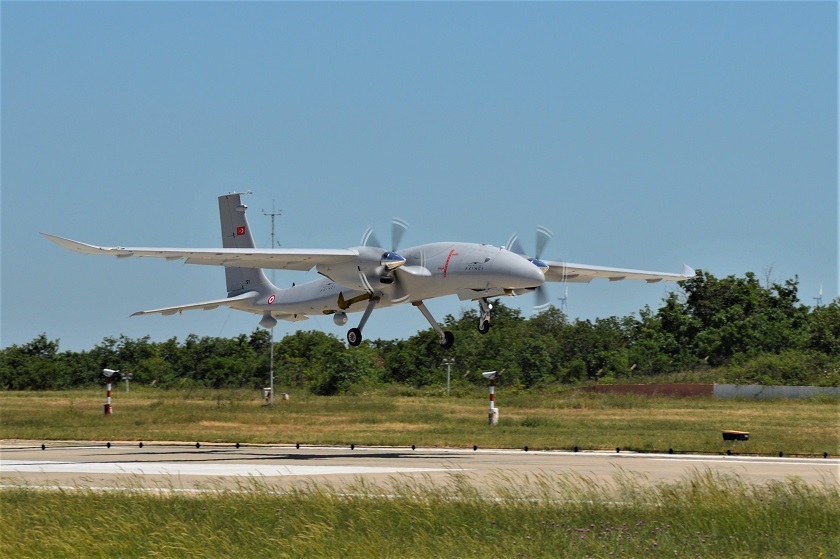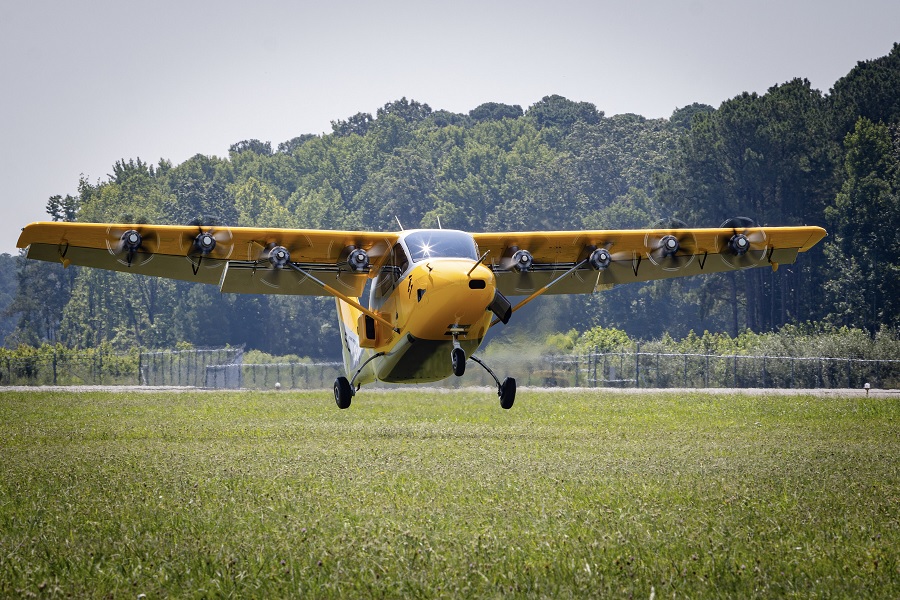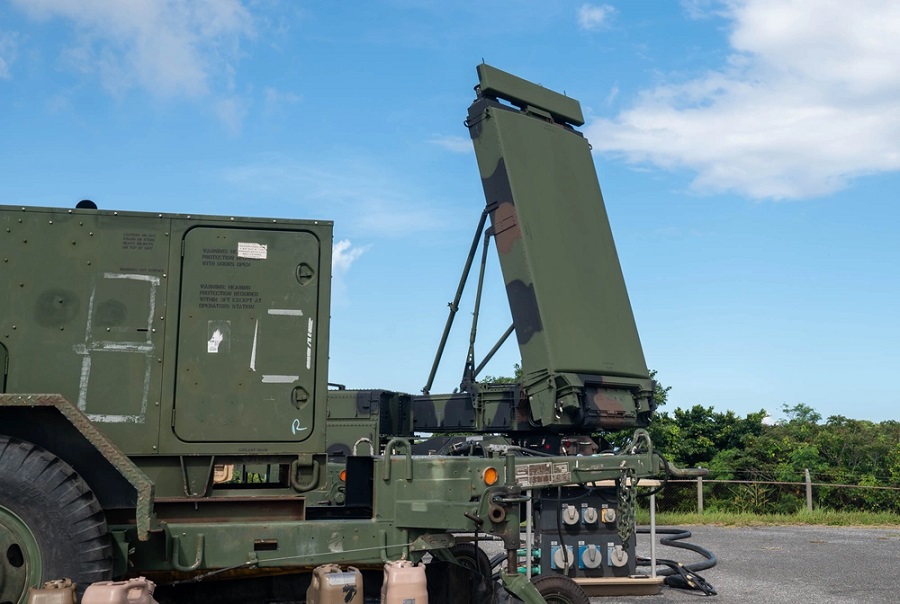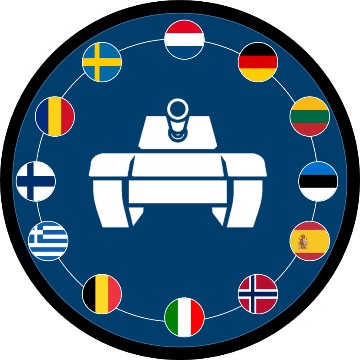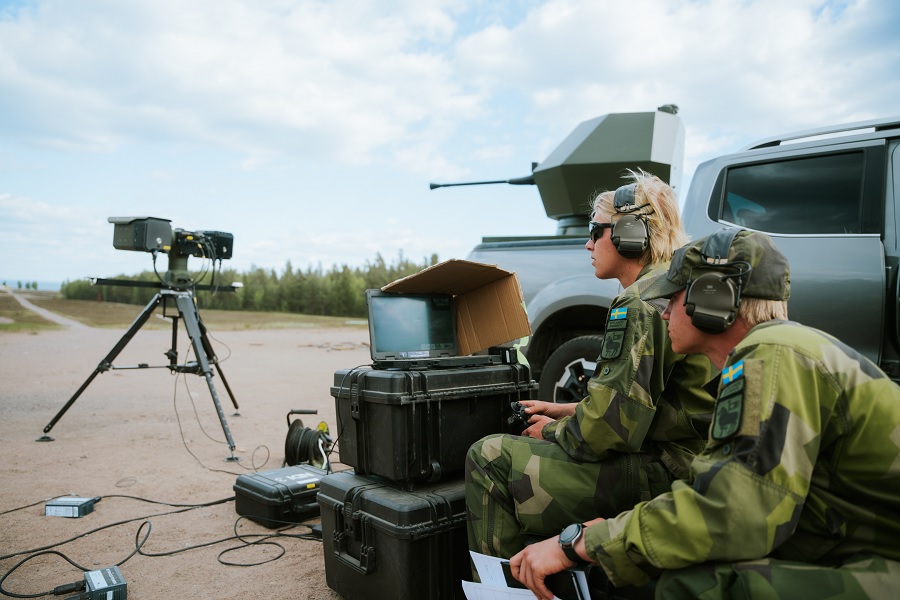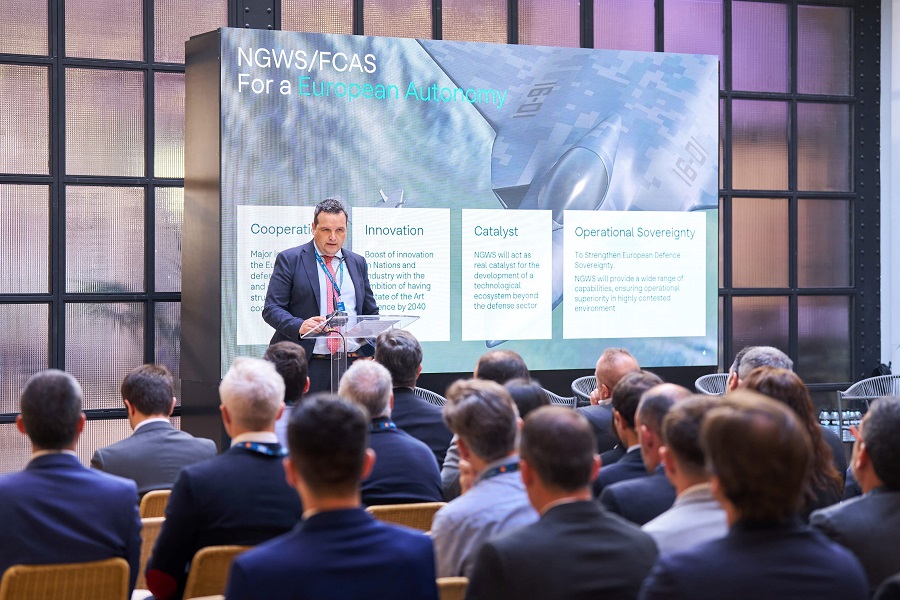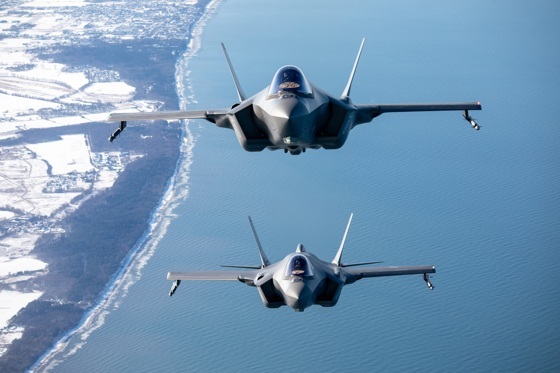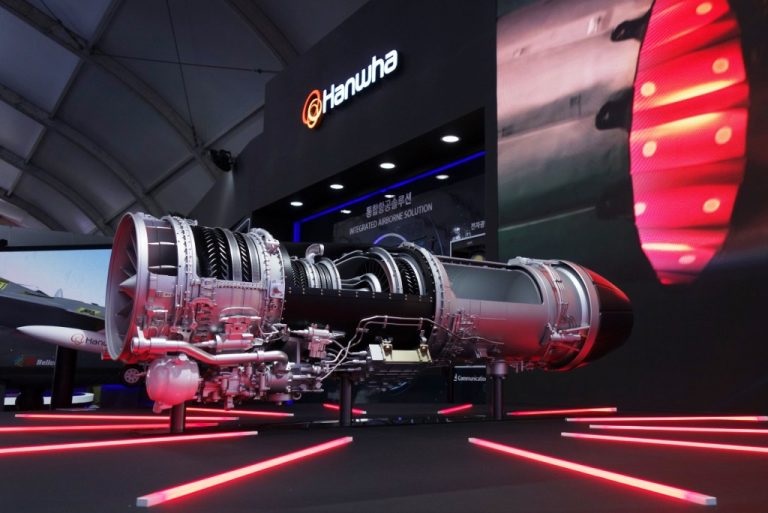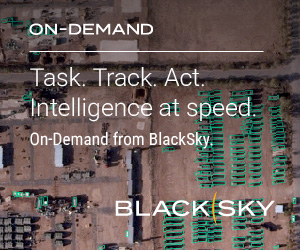The interoperability standard under development within INTERACT should allow unmanned assets to be deployed in flexible and varied configurations. It includes singular deployment, manned and unmanned teaming, in handovers or autonomous swarms -and independent of organisational or national provenance. An enhanced level of interoperability will greatly increase responsiveness and flexibility, and with it the warfighting capability of European armed forces.
INTERACT was coordinated by Germany’s Fraunhofer Institute of Optronics, System Technologies and Image Exploitation IOSB. The consortium consists of 18 other members, including research centres, small- and medium-sized enterprises and major defence companies.
Standardisation of systems, interfaces
Interoperability is key. The development of unmanned systems has increased in the past few years. Operations are also becoming more complex. For example, swarms of systems, control stations for the same vehicle that require handovers between them – and a mix of air and surface unmanned systems – are all important factors.
However, every manufacturer has used its own standards. Operational requirements can only be met by standardising the systems and their interfaces.
Given that a long list of standards already exist, INTERACT’s project recommendations lay the basis for a drone made by one defence contractor to be operated from a control station of another company, for instance.
Tabletop exercise
In March 2023, the consortium recommendations were tested in a tabletop exercise, showing their reliability. The project has now culminated in a roadmap that will pave the way to validate a complete standard in this area, once some follow-on actions are made.
Taking into account the wide range of unmanned systems, the European Defence Standardisation Management Group, NATO’s standardisation office and the European Organisation for Civil Aviation Equipment (EUROCAE) have all been kept abreast of developments.
INTERACT and PADR
INTERACT received €1.5 million for a study from the PADR (Preparatory Action for Defence Research) in its 2019 call for projects. PADR is managed by the European Defence Agency, a role delegated by the European Commission.
The Netherlands’ Organisatie Voor Toegepast Natuurwetenschappelijk Onderzoek (TNO) and Greece’s Institute of Communication and Computer Systems and Sweden’s FOI, were the main beneficiaries of this project under the coordination of Fraunhofer Institute of Optronics, System Technologies and Image Exploitation IOSB. They were aided by the main European manufacturers of unmanned systems in the domains of air, land and sea, along with leading research organisations.
Source: European Defence Agency (EDA).



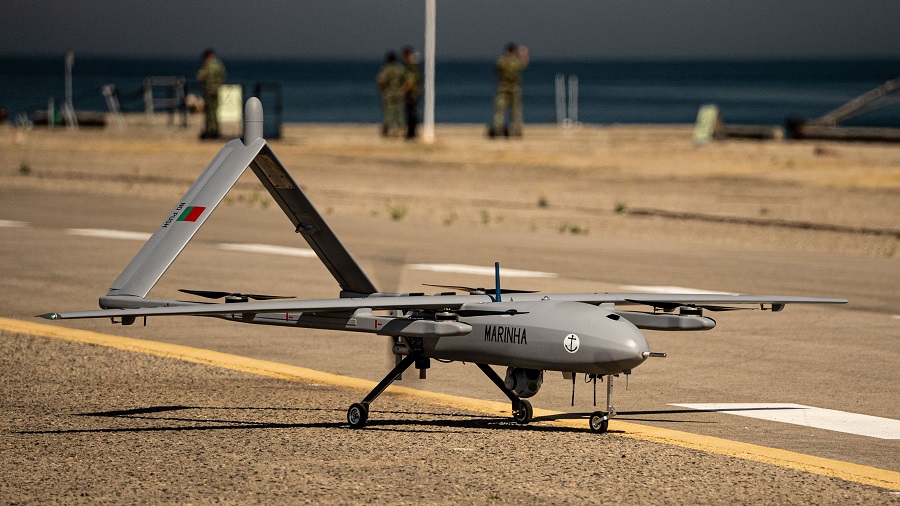

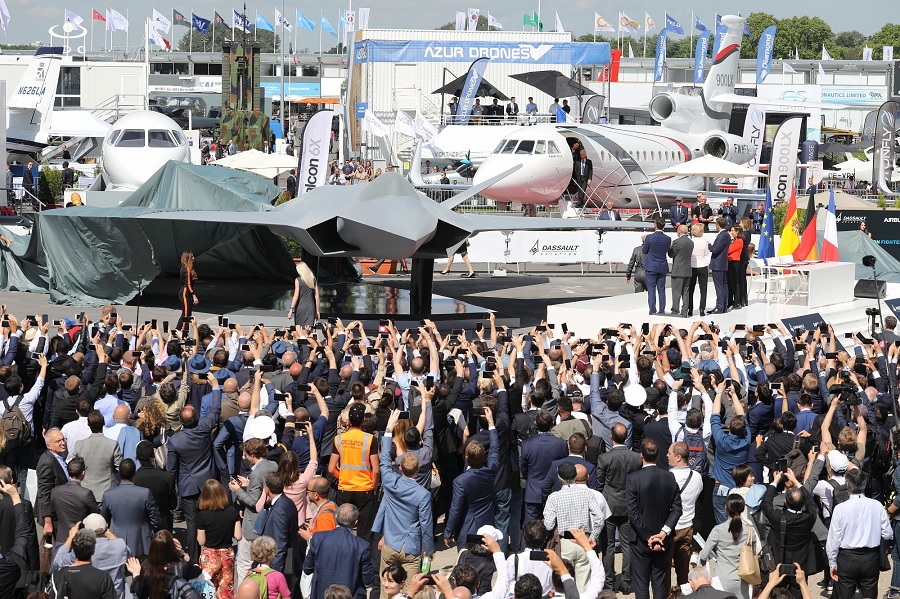
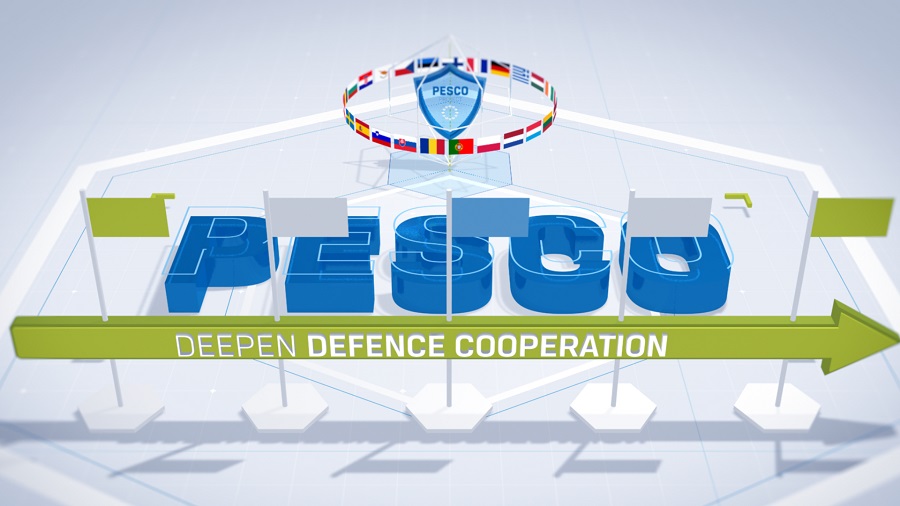
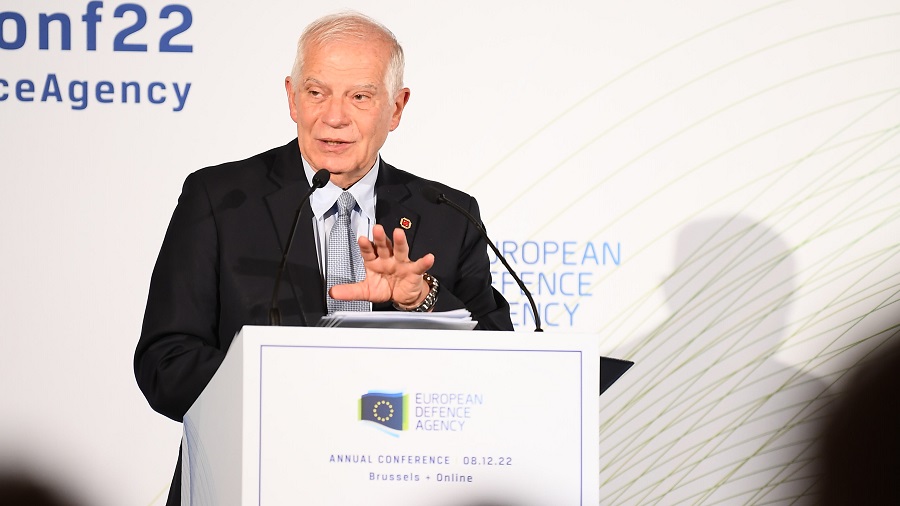


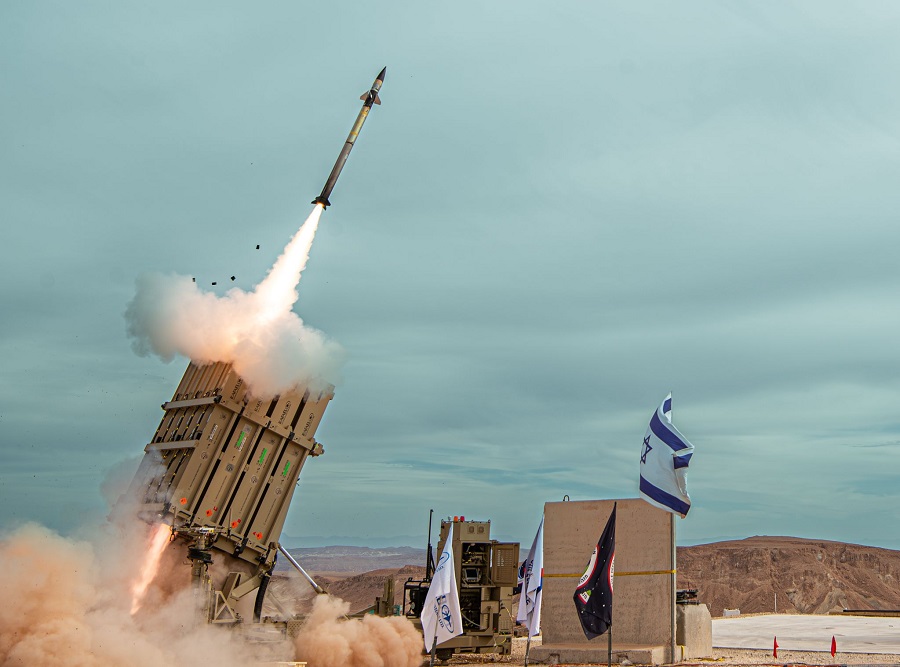
![MightyFly demonstrates autonomous cargo flight capabilities to U.S. Air Force [VIDEO]](https://defence-industry.eu/wp-content/uploads/2025/07/MightyFly-demonstrates-autonomous-cargo-flight-capabilities-to-U.S.-Air-Force-VIDEO.jpg)
